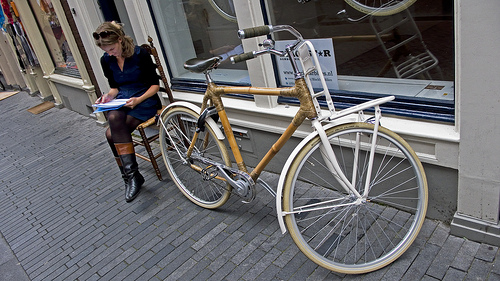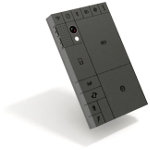 Eindhoven-based inventor and designer Dave Hakkens is a man of ideas and his latest idea, a mobile phone of which you can swap out parts when they break down or get too old, is getting a lot of attention on the Internet.
Eindhoven-based inventor and designer Dave Hakkens is a man of ideas and his latest idea, a mobile phone of which you can swap out parts when they break down or get too old, is getting a lot of attention on the Internet.
The idea behind Phonebloks is to commoditize the hardware behind the mobile phone in such a way that not manufacturers but consumers get to swap out parts—a sort of Lego for mobile phones. There would have to be a ‘Blok-store’ where you could order the parts you want (at a suitable mark-up of course) all the while feeling good about yourself for not throwing out your entire mobile phone when you get tired of parts of it.
Hakkens seems to have learned from a previous project, a power strip called Plugbook, which he ran on Kickstarter but which failed to reach its target. In order to show your interest in Phonebloks you do not have to pledge your own money. Instead you voice your support via Thunderclap in the hope that manufacturers and investors will sit up and take notice.
(Via my Facebook page where people were ‘liking’ the damn thing by the boatloads. Illustration: crop from Dave Hakkens’ video.)

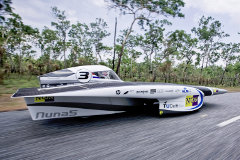 A team of students from the Eindhoven University of Technology has created a solar powered family car that is street legal,
A team of students from the Eindhoven University of Technology has created a solar powered family car that is street legal, 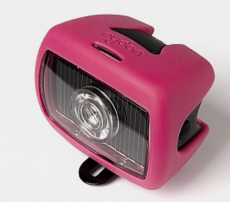
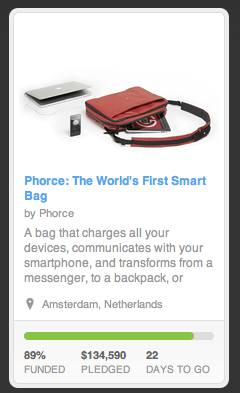
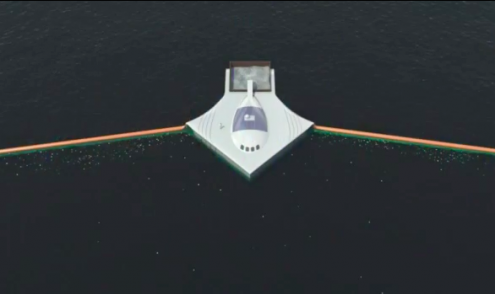
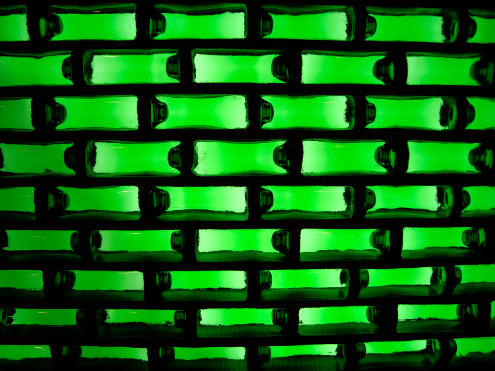
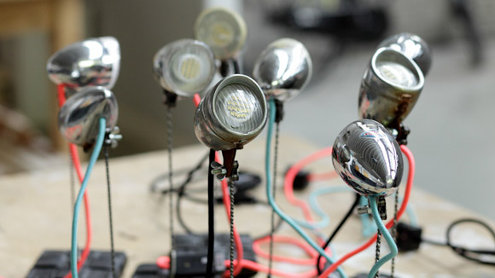
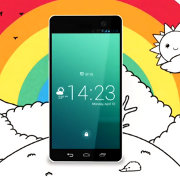 A Dutch company has started building a mobile phone that they say is made from conflict-free materials by well-paid workers while also addressing what happens once the phone has reached the end of its life.
A Dutch company has started building a mobile phone that they say is made from conflict-free materials by well-paid workers while also addressing what happens once the phone has reached the end of its life.  The video above is a parody that appeared shortly after — I wouldn’t be surprised if it had been made by the same ad agency — in which the original visuals are replaced. ‘Artisanal cooking’ is suddenly contrasted with pulling a
The video above is a parody that appeared shortly after — I wouldn’t be surprised if it had been made by the same ad agency — in which the original visuals are replaced. ‘Artisanal cooking’ is suddenly contrasted with pulling a 